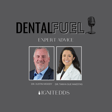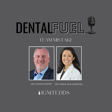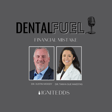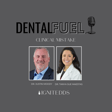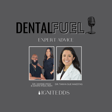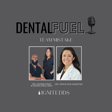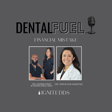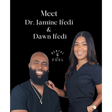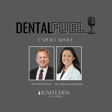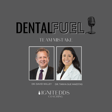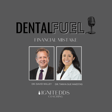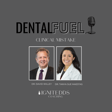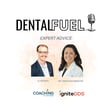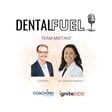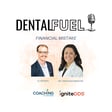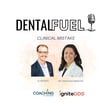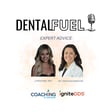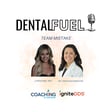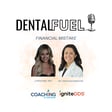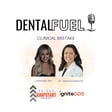
Dr. Adamo Notarantonio: Clinical Mistake
Join us for an insightful conversation on #DentalFuel with the incredible Dr. Adamo Notarantonio! Host Tanya Sue Maestas dives deep into clinical challenges and the power of knowing your limits.
🔹 Hear Dr. Adamo's experiences with complex cases.
🔹 Learn why sometimes saying "no" is the best decision.
🔹 Discover the importance of continuous learning and the influence of courses from the Dawson Academy, the Kois Center, and the AACD.
Get ready to fuel your dental knowledge with tips and wisdom from Dr. Adamo Notarantonio!
About the Guest:
Adamo Notarantonio is a highly respected figure in the field of dentistry, known for his commitment to comprehensive dental care and education. With a history of working closely with industry-leading institutions and mentors, Adamo has built a robust career characterized by his dedication to continued learning and clinical excellence. He served as a partner in a well-regarded dental practice straight from his residency until recently stepping down to focus more on his educational endeavors, including being faculty at the Koi Center. Renowned for both his surgical and restorative dentistry skills, Adamo is also noted for his significant contributions to the American Academy of Cosmetic Dentistry (AACD)
Episode Summary:
Host Tanya Sue Maestas sits down with Adamo Notarantonio to explore the role of mistakes in shaping a dental practitioner's journey. The conversation kicks off with an insight into Adamo's exceptional career and transitions in the domain of dentistry. Adamo opens up about his approach to practicing dentistry, emphasizing the importance of self-improvement and prudent judgement when it comes to case management.
The heart of the discussion delves into Adamo's illuminating retrospective on his clinical practice. He candidly recounts clinical experiences, highlighting the value of understanding limits and knowing when to say 'no'. The narrative is infused with SEO-optimized keywords like dental practice, cosmetic dentistry, and dental education, ensuring that avid listeners and dental professionals alike find the conversation both relatable and instructional.
Key Takeaways:
- Recognizing Limits: Adamo discusses the importance of identifying your strengths and when to refer certain procedures to specialists.
- The Impact of Education: The Koi Center and the AACD played pivotal roles in shaping Adamo's clinical proficiency.
- Ongoing Practice: Real clinical prowess comes from continuous practice and application post-course completion.
- Embracing Mistakes: Adamo encourages embracing and learning from mistakes to foster clinical skill improvement.
- Mindset Matters: Confidence and a positive outlook are crucial for clinical success, according to Adamo.
Connect with Adamo Notarantonio : @adamoelvis
Connect with Ignitedds: @ignitedds
Connect with Tanya Sue Maestas: @tsmaestas.dds
Learn more about Well Received: wellreceived.com/ignitedds
